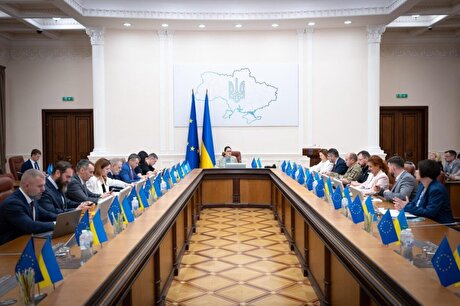
Coronavirus Could Hit Clean Energy Investment
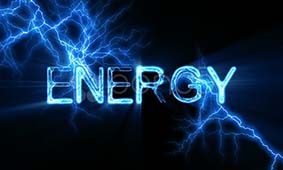
While the crisis has led to a temporary decline in global carbon dioxide emissions, experts are warning it poses a serious threat to long-term climate change action by compromising global investments in clean energy and weakening industry environmental goals to reduce emissions, CNBC reported.
The International Energy Agency has warned the virus outbreak will likely undermine clean energy investment and is urging governments to offer economic stimulus packages that invest in clean energy technologies.
“If the lesson learned is let’s get back to the status quo ante, then the virus probably will slow down the energy transition,” author and climate activist Bill McKibben told CNBC.
“If the lesson learned is, you have to take the physical world and its risks seriously, it could make governments more likely to move fast — especially since interest rates in much of the world are now effectively zero,” he said.
Leading clean-energy analyst BloombergNEF has already cut its forecast for global solar demand this year as policymakers and corporations focus on short-term economic stimulus measures instead of long-term clean technology.
Solar manufacturers across the world are citing production and project delay, and analysts are warning of higher costs for green manufacturers and a hit to global operations as the virus spreads.
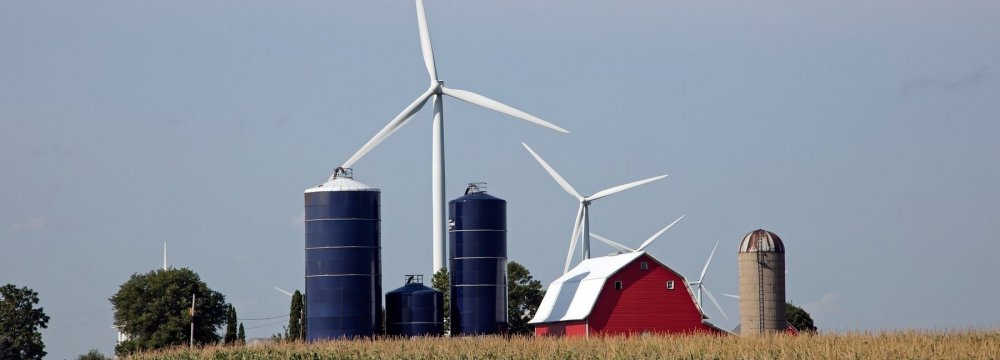


KoBold Metals granted lithium exploration rights in Congo

Freeport Indonesia to wrap up Gresik plant repairs by early September

Kyrgyzstan kicks off underground gold mining at Kumtor
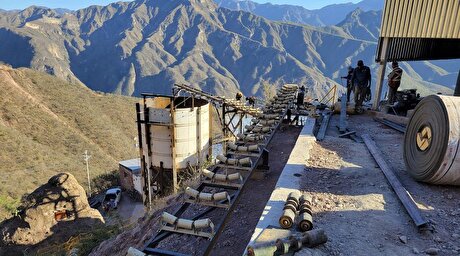
Luca Mining expands Tahuehueto mine with Fresnillo land deal
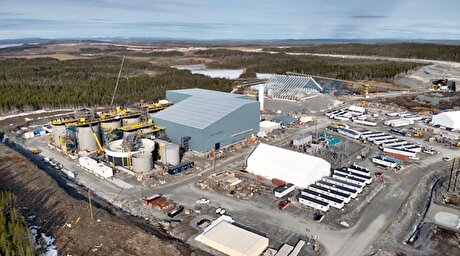
Equinox Gold kicks off ore processing at Valentine mine
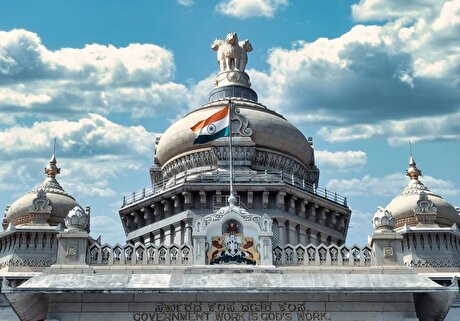
India considers easing restrictions on gold in pension funds

Equinox Gold kicks off ore processing at Valentine mine

India considers easing restrictions on gold in pension funds

Luca Mining expands Tahuehueto mine with Fresnillo land deal

Kyrgyzstan kicks off underground gold mining at Kumtor

Ukraine launches tender for major lithium deposit

KoBold Metals granted lithium exploration rights in Congo

















